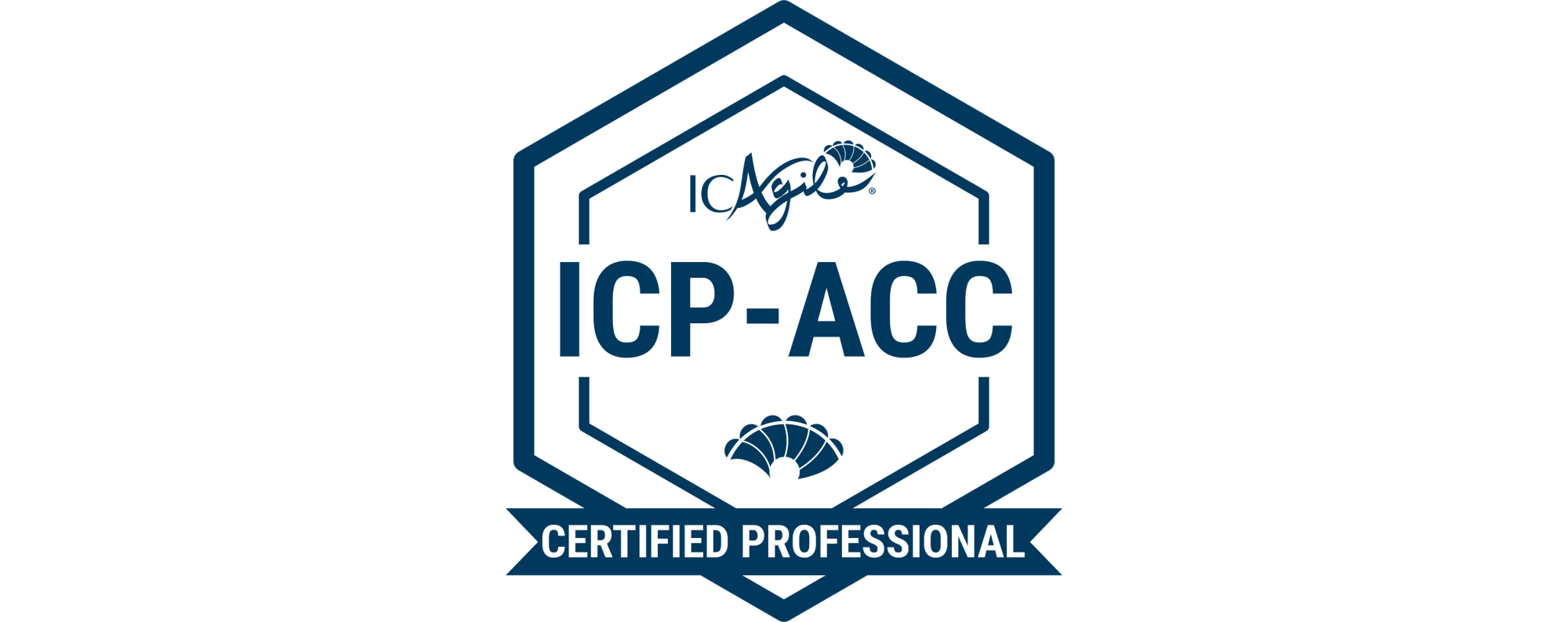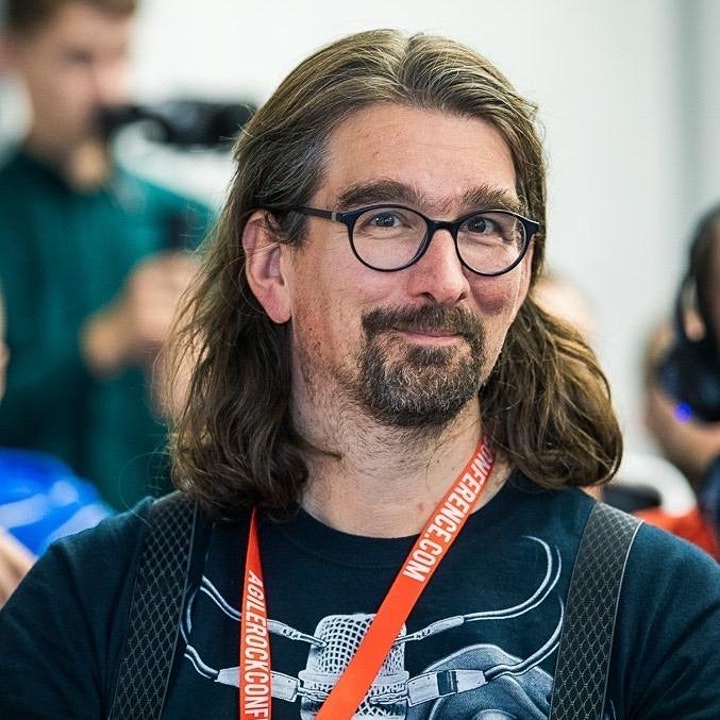Certified Agile Coaching “ICP-ACC” Training

Lean & Agile
4 Full Days
Course description
This class is targeted towards agile coaches who want to bring their coaching skills up to the next level. In this class you will:
- Understand how our behavior as coaches affects the safety, ownership, and respect that team members have towards each other, and how to act accordingly.
- Practice creating an environment and culture that helps a team mature into a truly self-organizing, high-performance team.
- Learn and practice guiding a team through conflict resolution.
- Learn and practice the different coaching stances (coach, mentor, teacher) and be able to choose the most appropriate stance for the problem at hand.
You will then put all these skills together, to assess the needs of a team, form an effective coaching plan, work with management for buy-in, kickoff coaching with the team, and learn to effectively use different what you’ve learned about stances, human dynamics, collaboration, and conflict resolution to become a more effective coach.
Target audience
Agile Coaches or aspiring coaches with a passion for servant leadership and a desire to learn and practice facilitation, professional coaching, mentoring, and teaching in the service of Agile teams. Other relevant roles include Scrum Masters, Iteration Managers, and Agile Project Managers.
Course requirements
- Completed Agile Fundamentals Workshop.
- Although it is not a formal prerequisite, we have found that this certification is best pursued after Agile Team Facilitation (ICP-ATF).
Get Officially Certified ICP-ACC
After attending the workshop full hours and showing an appropriate contribution, you will get officially certified from ICAgile over the Agile Coaching program. The program is scheduled over 4 full consecutive days (8 hours/day) running daily from 9:00 am till 5:00 pm (Time zone: CET).
Course teachers
> Olaf Lewitz is an expert on agile software development and organisational transformation. He supports you as an independent coach. He will help you to create a learning environment for your people to flourish. With more than 25 years of professional software development experience and more than 20 years of agile practice, he considers himself a veteran in the field. Olaf has led, trained, and coached teams and organisations of various industries and sizes during the past 20+ years. He’s seen and improved more than 100 organisations in every industry and dozens of countries. His motto is that of Nanny McPhee: “When you need me, but do not want me, I must stay. When you want me, but no longer need me, then I have to go.”
> Mahmoud Ghoz is an agile practitioner who has a sum of 19 years of experience coaching and delivering complex IT, web and mobile projects with multiple technologies; out of which, he has been practicing Lean and agile techniques for more than 10 years to transform teams and help them scale the right way in different fast-growing local and multinational companies.
Ghoz is a self-motivated agile practitioner who can see the complete value stream throughout the product life cycle. Working in different company sizes with multicultural teams gave him a rich experience to build/transform teams, initiate/enhance processes, develop and maintain legacy enterprise systems.
On the other hand, Ghoz is an Authorized Instructor from ICAgile over various programs including Fundamentals, Agile Product Ownership, Agile Team Facilitation, and Agile Testing Automation. He is also a certified Lean Kanban professional (KMP I & II).



Olaf Lewitz



Mahmoud Ghoz
Course Plan
|
Section 01 Day 1: Coaching stance and the Human Dynamics of High-Performance Teams
| |
|
Section 02 Day 2: Using Mentoring and Teaching Stances effectively
| |
|
Section 03 Day 3: Bringing it All Together to Design and Implement A Coaching Program
|